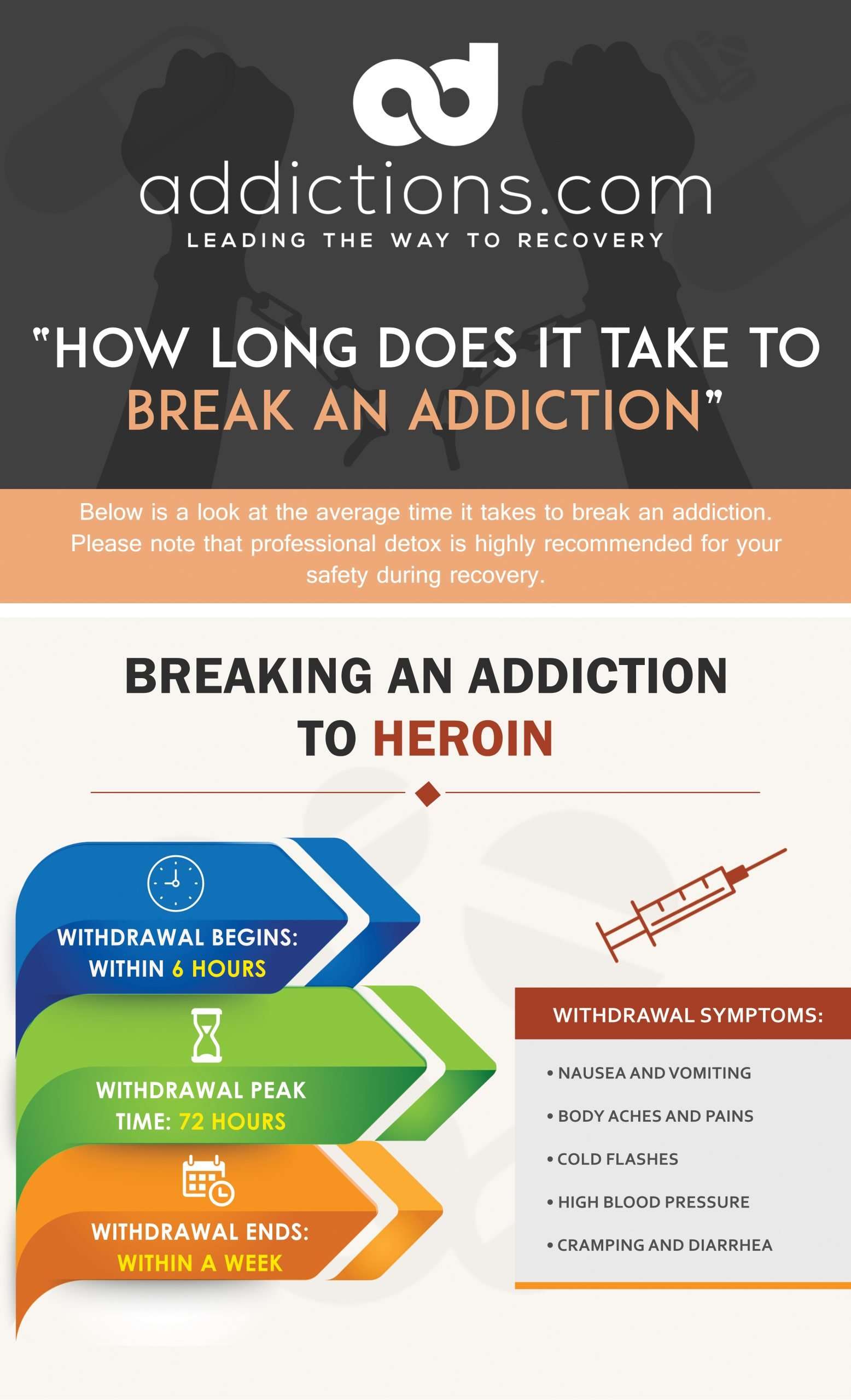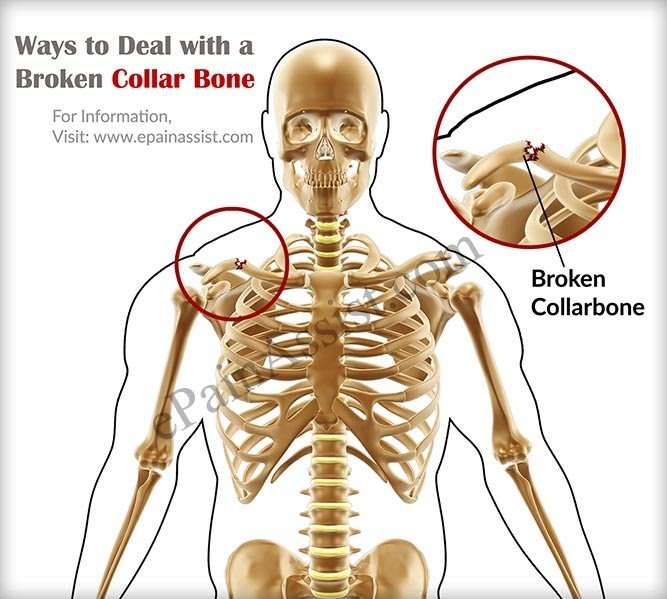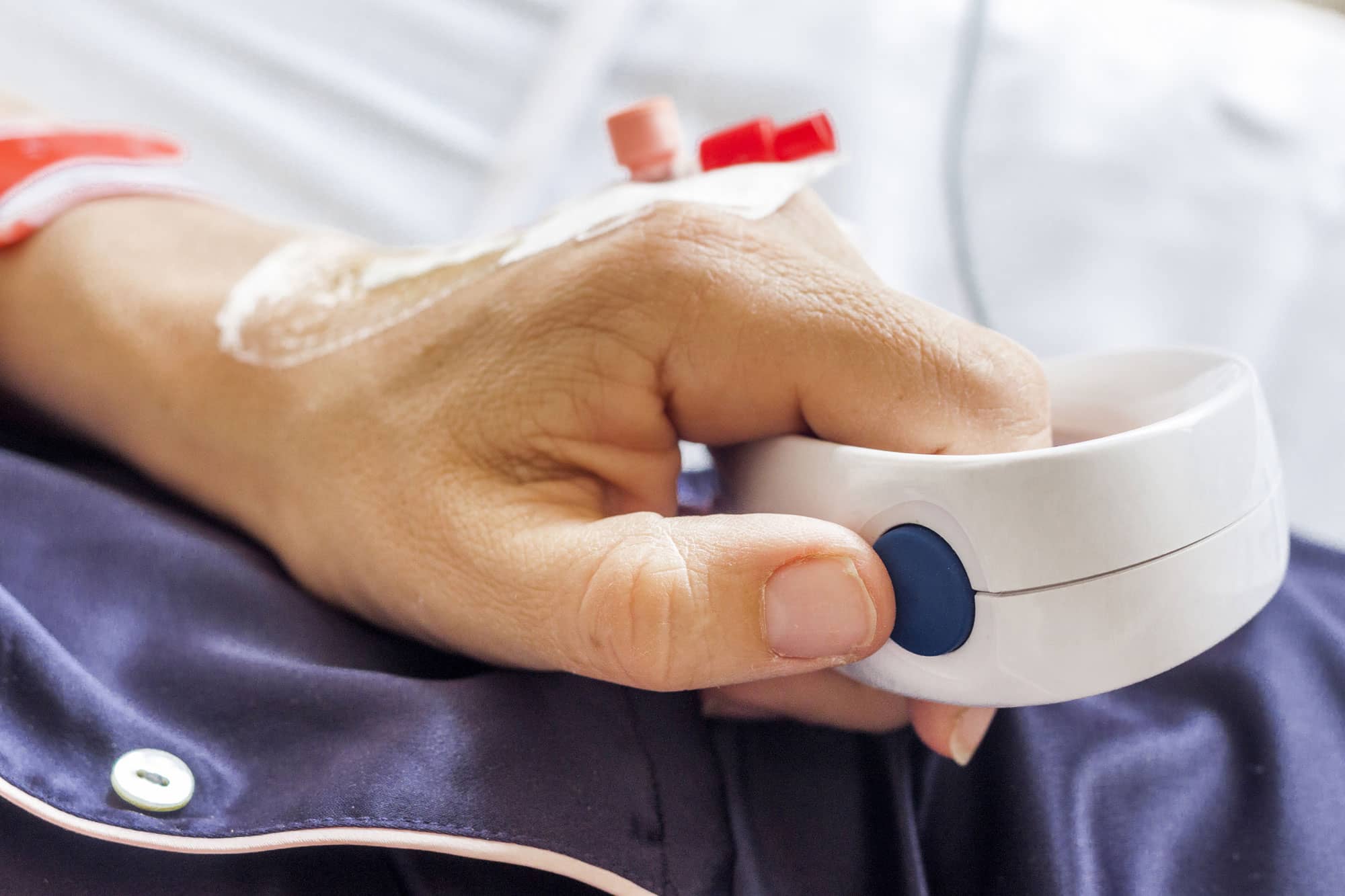Can You Quit Opioids Cold Turkey
Suddenly stopping opioid or heroin use is not recommended. It can cause an onset of very severe withdrawal symptoms. Those who do try to taper off of these types of drugs seldomly succeed. Relapsing during withdrawal is one of the causes of overdose. If is important to experience withdrawal in a medically assisted detox where it is safe.
Avoiding Replacement Addictive Behaviors
Some people find that when they quit or change an addictive behavior, another comes along to replace it. Heavy drinkers and smokers often find themselves overeating and putting on weight. People struggling with sex addiction might find themselves obsessed with exercise.
Addictive behaviors have similar neurological and psychological processes and create rewarding feelings and sensations. So replacement addictive behaviors are common among those trying to overcome an addiction.
The trick to avoiding replacement addictions is to find satisfaction in the experiences of normal life. These experiences may lack the intensity and high of addictive behaviors, but getting to know and like them can introduce a new level of calm you may have never experienced before.
Many people feel they are more in touch with reality;and that relationships are more authentic than when they were constantly seeking pleasure.
The other important aspect of avoiding replacement addictions is to address any underlying mental health problems. Addictions can cover up past trauma, or underlying feelings of emptiness, sadness, or fear. Psychological therapies, as well as medications, can provide long-term relief for these problems, which addictions tend to worsen over time.
What To Expect During Withdrawal
Withdrawal begins just a few hours after the last time someone takes a drug or a drink of alcohol. It can look different for everyone, depending on how much use is involved and the length of addiction.
Withdrawal symptoms can be severe, from nausea and vomiting to stomach cramps. Some people experience sweating even though they feel cold and clammy. Others find themselves crying or trying to cope with extreme anxiety.
One persons withdrawal symptoms may last longer than another, depending on the substance. Some symptoms last a few days, while others last two weeks or more.
Withdrawal can be more dangerous for some than others. For instance, detoxification from alcohol can lead to fatal reactions from the body. Therefore, it is important to receive proper medical detox from a drug and alcohol hospital.
Don’t Miss: How Does Rehab Help Drug Addicts
Relapse Prevention And Addiction Treatment
Learning how to prevent relapses is an important part of breaking an addiction. With therapy, you can learn how to avoid potential triggers that could cause you to start using drugs or alcohol in the future.
Relapse prevention is an extremely structured plan of action involving all areas of your life that can help you overcome your desire to relapse. It involves where you will live, work, and socialize. It also involves family members, friends, and letting go of negative people in your life.
If you can implement your plan, you are likely to succeed at breaking your addiction for good. Many times, this means changing many aspects of your lifestyle. Relapse prevention can take a year or more. It can even become an ongoing part of your life, updating your plan as needed.
Avoid High Risk Situations

- Dont hang out with smokers. Thats like a crack addict hanging out with crack addicts. No matter how friendly and supportive your smoking friends are, they are still a high risk environment for at least the first several months.
- Practice saying, No thank you, I dont smoke anymore.
- Understand that you will encounter high risk situations that you havent thought of. If you find yourself triggered, plan to get up and leave quickly.
- A change of scenery can make all the difference.
Don’t Miss: What Makes People Addicted To Drugs
The Process Of Opioid Addiction Recovery
Addiction recovery is a process that takes time. Its not going to happen overnight. However, by getting professional help from a drug rehabilitation center, youll be better equipped to overcome your opioid addiction. You dont have to go through it alone. There are a number of great drug addiction rehabs like Daylight Recovery that are ready to get you towards the road to recovery and stay there.;
When someone is addicted to opiates, their cravings can feel like a constant battle. Luckily, it is never too late to get help from qualified professionals. Lets take a closer look at the steps to opioid addiction recovery.
The Dangers Of Ongoing Cocaine Abuse
Short-term;cocaine consumption;can cause significant physical and psychological damages. Yet, the greatest concern is the high probability rates of developing an;addiction.
As cocaine is a highly addictive drug, for the majority of individuals who abuse it, an;addiction;diagnosis is very likely. Additionally, as;cocaine consumption;is now normalised, more and more people are abusing the drug, failing to see its risks.
However, there are many dangers of ongoing;cocaine abuse, with a strong focus on cognitive functions and mental health.;Developing an;addiction;of any sort can be very challenging on an individuals mental health. Susceptibility to the likes of depression, anxiety,;paranoia and mood disorders is high. However, by combining this with the use of;cocaine, susceptibility can increase by threefold, causing significant cognitive adaptations.
Here users are likely to experience changes to their mood, behaviour, outlook, associations, actions and decisions; all down to;cocaine abuse. In turn, through these changes, it is likely that;a;users quality of life will plummet, causing financial and legal problems, health concerns, career disruptions and breakdown in relationships.
If youre currently abusing any drug, we urge you to continue reading this blog, sharing advice on;how to stop taking cocaine for the better. Without following professional guidance, the strength and complexity of;cocaine addiction;will continue to control your life, brain and future.
Recommended Reading: How Do Meth Addicts Act
How Long Does It Take To Become Addicted To Opioids
Opioids often come in the form of narcotic pain relievers that contain either natural or synthetic opium. Anyone can become addicted to opiates, often before they even realize it. While not everyone who uses opioids will get addicted, every user is at risk.;;
Opioids are usually prescribed to patients recovering from surgery or for those with intense pain. All opioids work by attaching to opioid receptors in the brain and giving the user a high as they relieve the pain. But with this much potency often comes addiction.
When someone has an opiate addiction, their body and mind can begin to change negatively. In some cases, a persons entire life can be consumed by opioids. With continued use, a person can begin to have a number of health issues which can lead to overdose or death in some cases.;
Alcohol Withdrawal Stages Does Everyone Suffer From Withdrawal
Understanding withdrawal is challenging. Its not always the same for alcoholics. There are three stages to alcohol withdrawal, but not everyone experiences all of them, any of them, or a combination when they quit drinking. There are too many factors that work together to determine whether an alcoholic will experience any symptoms of alcohol withdrawal syndrome when quitting. These factors include:
- Family history of alcohol abuse
- How long someone has been an alcoholic
- How much someone drinks
- Presence of other health issues
- How much stress alcoholics suffer
- Medical history
An alcoholic affected by alcohol addiction every day for more than a decade is more likely to be impacted by withdrawal symptoms than a person who has only had a dependence for a few months. Someone with mental health disorders is more likely to experience withdrawal symptoms than someone with a clean bill of health. Its impossible to predict who will experience the symptoms of withdrawal, or if the side effects will be serious.
Don’t Miss: How Do You Treat Addiction
How Does This Work
The tailored approach LiveWell Dorset uses to come up with solutions to the things that are stopping us achieving our goals, is based upon work done by University College London developing the COM-B model of behaviour change. In this model, all behaviour is influenced by understanding a persons capability to change, their opportunity to change and their motivation to change. By understanding which of these is the biggest barrier to change, we can tailor support accordingly. This model of behaviour change is at the centre of the support we offer, online and in person.
or register, to favourite activities that you want to try.
Symptoms Of Alcohol Withdrawal
Alcohol is a central nervous system depressant that changes the way receptors in the brain produce chemicals and transmit signals. Long term alcohol abuse causes permanent changes that can only recover through abstinence.
When you suddenly stop drinking, your brain and body need time to adjust and repair the changes made in the brain. This adjustment period is when withdrawal symptoms occur.
During alcohol withdrawal, your nervous system is overly active, producing symptoms like:
- Anxiety and irritability
- More frequent and longer alcohol abuse
If you identify with any of these factors, you may expect more severe and long-lasting withdrawal symptoms.
Regardless of your situation, its impossible to predict exactly how long alcohol withdrawal lasts. The truth is that alcohol detox is an unpredictable and potentially life-threatening condition that requires professional help.
Recommended Reading: How To Stop Addictive Behavior
It Doesnt Take Long To Become Addicted
Addiction affects nearly 23 million Americans today, many of whom are struck by the disease after just a few uses. Simply dabbling with a substance can lead to a lifelong set of consequences.
The time it takes to pick up the disorder is different for everyone, though evidence shows it may not take very long for some people. Once developed, addiction can consume your everyday life, taking you down a long, dark road.
Medical Disclaimer: DrugRehab.com aims to improve the quality of life for people struggling with a substance use or mental health disorder with fact-based content about the nature of behavioral health conditions, treatment options and their related outcomes. We publish material that is researched, cited, edited and reviewed by licensed medical professionals. The information we provide is not intended to be a substitute for professional medical advice, diagnosis or treatment. It should not be used in place of the advice of your physician or other qualified healthcare provider.
How Caffeine Withdrawal Symptoms Happen

Caffeine is a psychoactive stimulant that decreases drowsiness by blocking adenosine receptors. Adenosine is a neurotransmitter connected to the bodys sleep-wake processes. By blocking the receptors, caffeine can allow a person to experience a temporary, improved feeling of wakefulness.
Caffeine also boosts other hormones and neurotransmitters like adrenaline and dopamine, and reduces blood flow to the brain.
The withdrawal symptoms happen as the brain works to adjust to functioning without caffeine. Fortunately, caffeine withdrawal does not last long and symptoms are considered to be relatively mild.
- mood changes
Also Check: Can You Get Addicted To Vyvanse
What Is The Long
The NLM reports that the long-term outlook depends on the extent of organ damage and whether or not the person continues to drink after rehab. In the months after treatment, patients may still experience sleep disturbances, mood swings, and low energy levels.
A complete recovery is possible. However, if patients return to drinking, they are at risk for sustaining serious bodily injury including liver, heart and nervous system disease or damage.
Related Topic:How to cleanse your liver from alcohol
Combining Zyban And Nicotine Replacement Therapy
Combining Zyban and nicotine replacement therapy, is usually more effective than either treatment alone. Both medications work in different ways. Zyban reduces cravings by working on brain chemistry, and nicotine replacement therapy works by gradually weaning your body off nicotine.
Zyban combined with nicotine replacement therapy can slightly increase your blood pressure. Therefore monitoring of blood pressure is recommended in these cases.
Read Also: How To Help An Addict Without Enabling
Why You Should Never Detox From Benzodiazepines At Home
Benzodiazepines very quickly lead to physical dependence that will cause a potentially fatal withdrawal syndrome when you stop taking the drug. Anyone who has been taking benzodiazepines regularlyeven if the drug is taken exactly as directed, through a doctors prescriptionmust slowly and carefully reduce their dosage under medical supervision.
There is no way to predict how severe your withdrawal symptoms will be when it comes to benzodiazepines. Do not attempt to detox at home, and never quit benzos cold turkey, as this could very easily be fatal.
What Is Delirium Tremens
Delirium tremens or alcohol withdrawal delirium, is one of the more extreme signs and symptoms that can occur after alcohol cessation. DTs are marked by a change in the level of consciousness and delirium and can be fatal in 1% to 5% of cases. Older patients with poor liver function, a history of heavy alcohol use, and more severe signs and symptoms of withdrawal at the outset are more likely to experience DTs.
You May Like: Who Is An Addict Na
How Long Does It Take To Break An Addiction To Cocaine
Cocaine in its most basic form is already highly addictive, and crack cocaine is one of the three most addictive drugs there are. While cocaine withdrawal symptoms are not usually life-threatening, seizures are possible for some individuals, and anyone who is abusing cocaine and alcohol at the same time is at risk of arrhythmia or heart attack during detox.
Fatigue and depression usually hit after 24 hours, and although recovering addicts sleep often and deeply for the first 72 hours, they may not feel rested. In the first week, other symptoms will appear, such as:
- Agitation
- Bad dreams
- Drug cravings
During that first week and leading into week two, youll develop symptoms that can last for up to ten weeks, including:
- Difficulty concentrating
- Mood swings
- Depression and anxiety
Drug cravings will continue throughout, and may actually worsen a few weeks after the initial detox. It is important to handle stress with exercise, counseling, and other healthy coping mechanisms during this time, to prevent relapse.
How Long Does It Take To Get Addicted To Xanax
Some people get addicted to Xanax quicker than others. Those who take large doses of Xanax regularly are more likely to develop a substance use disorder than individuals who take low doses of the drug infrequently.
Taking a benzodiazepine such as Xanax for longer than three or four weeks can lead to dependence. Dependence turns into addiction when a person keeps taking the drug despite negative consequences.
People addicted to Xanax compulsively seek the drug. They may visit multiple doctors to get Xanax prescriptions or buy it on the street. They may also turn to alcohol or other depressants when Xanax isnt available.
According to a 2015 medical journal article about managing benzodiazepine misuse, doctors can limit alprazolam prescriptions to a one- to two-week supply to prevent patients from developing a dependence to the medication.
Read Also: How To Cope With Addiction
Try To Live In A Healthy Environment
Environment is a central contribution to adjust how long does it take to get addicted to nicotine. Try to shift to a cleaner community or seek for help from friends, family to get some help and advice when you are feeling stress to prevent you from smoking. If you are trying to stay away from tobacco, it is also a good choice to make friends with people who have the same goal with you.
Why Does Heroin Withdrawal Happen

Once you use heroin, it travels through the bloodstream to the brain, altering how the rest of the body and neurochemicals communicate. These are mood and mind-altering neurochemicals like serotonin, norepinephrine, dopamine, and endorphins. Ideally, they have a significant role to play in a variety of the bodys physical and psychological functions, including sleep, mood, the brains reward system, and pain sensations.
Once it gets into the body, heroin manipulates the communication between the neurochemicals and the body, inducing a short-term feeling of sedation, pain relief, euphoria, and relaxation. The more you use the opioid; the more the brain starts getting used to depending on the drug in the regulation of the bodys neurochemistry. If you take the drug excessively, your body becomes tolerant to it.
With time, you will need to take more heroin to get the same level of high you want from it. Once your body cannot function without a boost from heroin, this should be an indication that you are dependent on it. Heroin withdrawal side effects are just the bodys way of trying to find a new normal without having to depend on the drug.
You May Like: What Is The Most Addictive Illegal Drug
How Long Does It Take To Break An Addiction To Benzodiazepines
Withdrawal symptoms during a detox from benzodiazepines such as Klonopin, Halcyon and Ativan start between 12 hours and a few days after quitting the drug, depending on your body chemistry and whether your drug of choice is a short or long-acting formulation. For example, Valium withdrawal usually appears after a few days, while Xanax withdrawal can begin as few as 10 hours after your last dose.
These symptoms can be severe and unpredictable, varying greatly in intensity and duration from person to person. They may last just a few days, or for several months, and about 10% of benzodiazepine addicts experience anxiety, depression and insomnia for years afterward. Benzodiazepines are notorious for being unpredictable in their physical effects, both during use and during withdrawal.
Common benzodiazepine withdrawal symptoms:
- Sensory distortions such as hypersensitivity, crawling skin, tingling sensations, and feeling like you are moving when you are still
- Depression, irritability and anxiety
- Muscle pain
- Agitation
The most common benzo withdrawal symptoms are primarily anxiety symptoms, including increased blood pressure and heart rate, although some people may develop a protracted withdrawal syndrome that can include long-term insomnia, anxiety and depression as well as musculoskeletal, neurologic and gastrointestinal symptoms.
